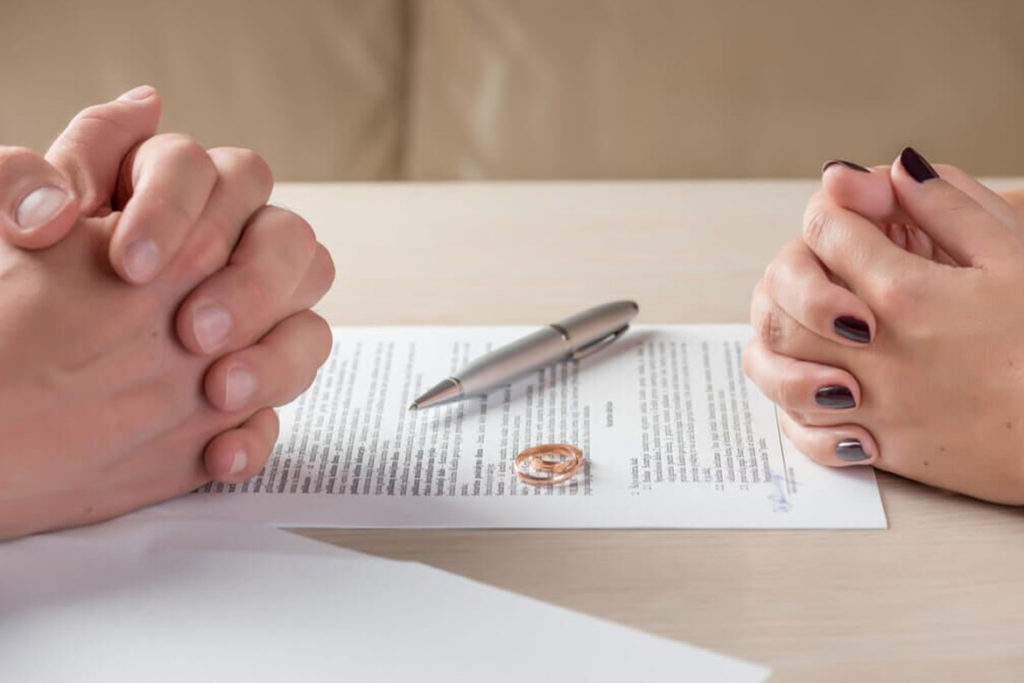
You’ve made the decision to get a divorce and you’ve retained a divorce lawyer. One of the first things you’ll need to do is gather all the necessary documentation for your lawyer. Your lawyer may accept digital documents; ask them if they prefer that over paper documents.
It’s important to be as organized as you can with documentation prep the better, as it will speed up the filing process and help with the negotiation phase of the divorce. The more complete your files are, the better chance you’ll have if you go to court.
It’s best to have copies of these documents saved on your computer’s hard drive as well as backed up elsewhere , just in case you run into any problems with your computer.
Income-related documents
- Pay stubs from the last year (from you and your spouse)
- If self-employed, all business-related documentation: invoices, bank statements, profit and loss statements, financial statements, check registers, etc.
- Copies of state and federal tax returns for the last 3 years (at minimum), more if you have them
- Net-worth statement(s), including ones that were prepared by either you or your spouse if you applied for a bank loan
- Any additional documentation that pertains to your or your spouse’s net worth, income and/or joint net worth.
- Real Estate Documents
- Legal description of real estate owned by you or your spouse (joint or separate), from your bank or mortgage company.
- Current mortgage statements for properties you own
- Any and all documents related to the initial transaction of your real estate properties
- Refinancing documents (if you’ve refinanced)
- Tax assessment statement(s) for any real estate property you own.
Joint account documents
- Certificates of savings and savings passbooks for you and your spouse, whether joint or individual
- All bank statements from the last two years from any joint account between you and your spouse
- Statements from investment accounts you two hold jointly and separately.
Life insurance documents
- Any life insurance statements for your or your spouse’s life, and/or your children’s lives. This includes policies from employers or policies you have taken out yourself. If there is any loan or a cash balance against the policies, you must include those documents.
Marital debt documents
- If you have outstanding unsecured debts in either yours or your spouse’s name, you will need to provide documentation of them. This includes medical bills, credit cards, and any other unsecured debt.
Retirement/Pension fund documents
- You will need to gather all documents that pertain to your retirement and/or pension funds, mutual funds, IRAs and 401(k) plans.
Automobile ownership documents
- Registration/title documents for all vehicles owned (by you or your spouse, jointly or individually). This includes all motor vehicles, farm equipment, boats, all-terrain vehicles, motorbikes, snowmobiles, etc. If you’re unsure of what qualifies as a vehicle, ask your lawyer.
- If you have any outstanding debt on the vehicles you have. This includes monthly invoices, statements, amortization timetables, and any documents demonstrating the current outstanding secured debt on the vehicles.
After your divorce is finalized, you should hold onto your copies of all of these documents in case you need them in the future. The most common reason you’d need to reference documents is in the case of child support or spousal support.
